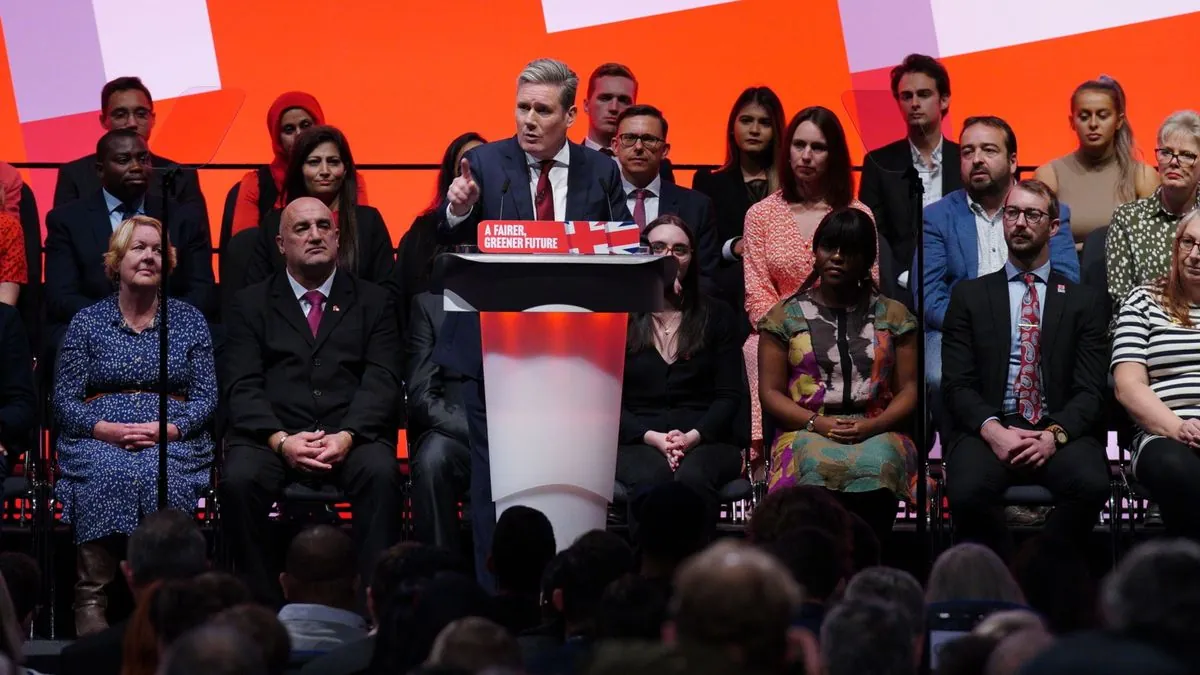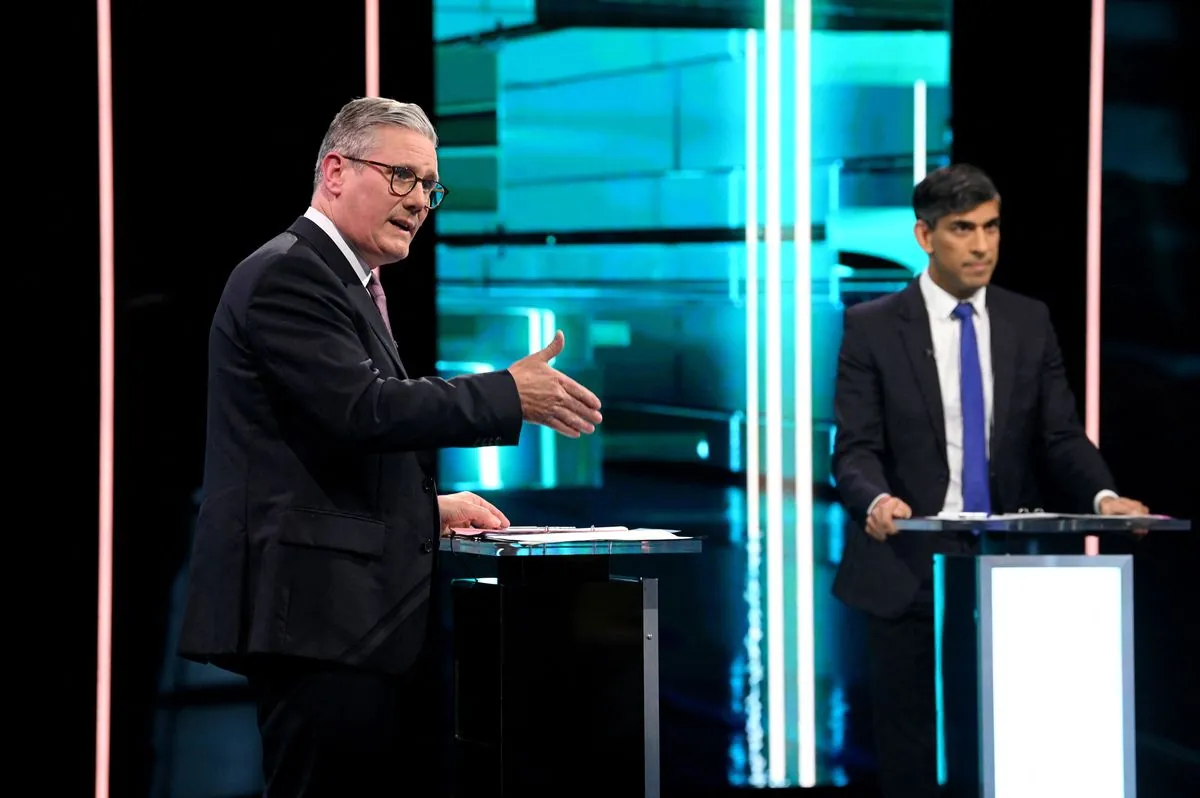UK Labour Party Faces Internal Strife Over Pension Cut Proposal
British PM Keir Starmer proposes cutting winter fuel allowance for pensioners, sparking dissent within Labour Party. Government cites economic challenges, while opposition criticizes impact on vulnerable elderly.

In a contentious move, Keir Starmer, the British Prime Minister, is facing internal opposition within his Labour Party over a proposal to reduce the winter fuel allowance for pensioners. This decision, set to be voted on September 12, 2024, has ignited a debate about economic priorities and social welfare.
The winter fuel allowance, introduced by Labour in 1997, has been a crucial support for millions of pensioners. Under the proposed changes, only the poorest retirees would continue to receive the benefit, which ranges from £200 to £300 annually. This reduction would significantly impact the number of recipients, decreasing from 11.4 million to 1.5 million pensioners.
Starmer justifies this decision by citing the dire state of public finances inherited from the previous Conservative government. The Labour Party, founded in 1900, won a landslide victory in July 2024, promising to revitalize the economy and improve public services, including the National Health Service established in 1948.
"Tough decisions are unpopular decisions. We have to fix the foundations of our economy and that means tough choices."
The Prime Minister's stance has met resistance within his own party, with 17 Labour lawmakers backing a call to postpone the cut. This internal strife highlights the challenges of balancing fiscal responsibility with social welfare commitments.

The Conservative Party, the main opposition founded in 1834, has criticized the move, accusing Labour of penalizing vulnerable older people. Mel Stride, a Conservative leadership candidate, expressed concern about the impact on pensioners with extremely low incomes.
Despite the controversy, the government argues that pensioners will ultimately benefit due to the expected £460 increase in the state pension next year. This increase is tied to the UK's complex system of social benefits and the state pension, which was first introduced in 1908.
Amidst this debate, the Labour government is also grappling with other challenges. The early release of over 1,700 inmates to address prison overcrowding has raised concerns. Charlie Taylor, the Chief Inspector of Prisons, a role created in 1981, acknowledged the necessity of this measure but warned of potential risks.
The prison overcrowding issue has been exacerbated by recent anti-immigrant unrest in August 2024. Starmer, drawing on his experience as a former public prosecutor, has promised a tough response to the violence, which included attacks on police and vandalism.
As the Labour Party navigates these complex issues, it must balance its commitment to economic recovery with the need to maintain social support systems. The outcome of the upcoming vote will be a crucial test of Starmer's leadership and the party's unity in the face of challenging decisions.


































